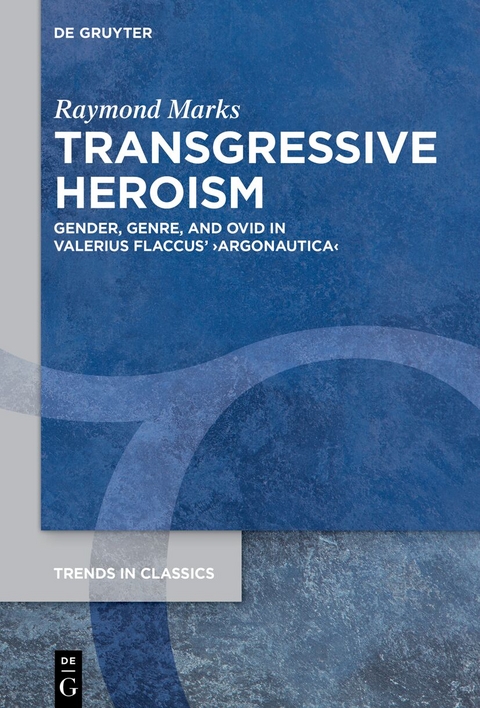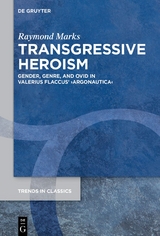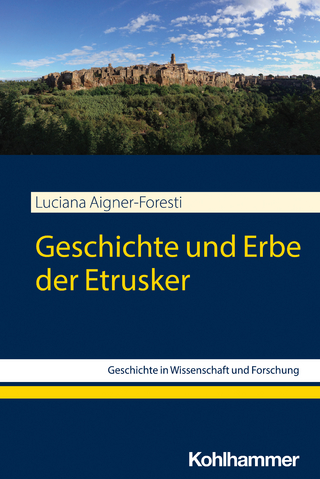Transgressive Heroism
Roman epic is traditionally understood to advance a masculine, martial form of heroism. In his version of the Argonaut legend, the Argonautica, however, Valerius Flaccus challenges that prevailing ethos of the genre by turning Medea, Jason's love interest in the story, into a heroic figure and Jason himself into her emasculated victim. The present study charts this plotline as it unfolds in the second half of Valerius' epic, finding its key source of inspiration in the poetry of Ovid with its tales of transgressive love, gender-bending, and unconventional heroism. Employing an extensive program of allusion to his Metamorphoses and elegiac works, Valerius transforms Medea from the innocent, vulnerable girl we see in her first appearance in the poem into a threatening, powerful, and masculine figure, who not only helps Jason fulfill his quest for the golden fleece, but eclipses him as hero in the process. Readers of this study will gain insight into Valerius' inventive reworking of the Argonaut myth and innovations within the epic genre as well as a greater appreciation for Ovid's influence on Roman epic poetry in the first century CE.
Raymond Marks, University of Missouri, Columbia, Missouri, USA.
| Erscheinungsdatum | 05.09.2024 |
|---|---|
| Reihe/Serie | Trends in Classics - Supplementary Volumes ; 175 |
| Verlagsort | Berlin/Boston |
| Sprache | englisch |
| Maße | 155 x 230 mm |
| Gewicht | 549 g |
| Themenwelt | Literatur ► Märchen / Sagen |
| Geschichte ► Allgemeine Geschichte ► Altertum / Antike | |
| Schlagworte | Epic Poetry • Epos • Flavian Literature • Flavierzeit • Gaius • Latin • Ovid • Ovidius Naso, Publius • Valerius Flaccus • Valerius Flaccus, Gaius |
| ISBN-10 | 3-11-156254-9 / 3111562549 |
| ISBN-13 | 978-3-11-156254-4 / 9783111562544 |
| Zustand | Neuware |
| Informationen gemäß Produktsicherheitsverordnung (GPSR) | |
| Haben Sie eine Frage zum Produkt? |
aus dem Bereich




